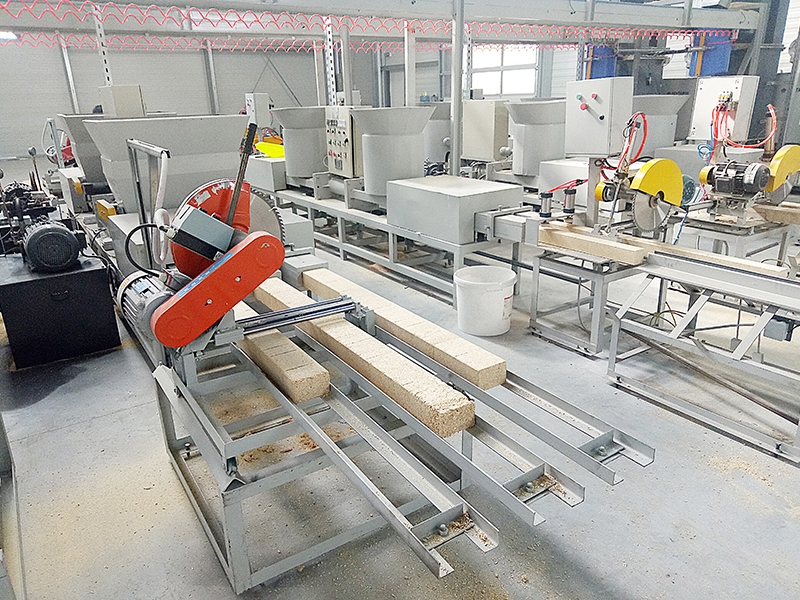Despite what you may have heard, plastics recycling is not dead. There are plenty of successful companies that recycle post-consumer and post-industrial plastics.
I've been seeing a lot of news stories declaring that plastics recycling is a myth. They are the result of a Greenpeace report, released in October, "Circular Claims Fall Flat Again." Pallet Maker Equipment

The reports cite low recycling rates and issues facing recyclers. Once you get past the hyperbole, some of the stories are well reported. But the hyperbole is a problem.
The media is telling consumers that it's a waste of time to recycle plastics because most plastics aren't recycled. But the fact is that there's plenty of demand for high-quality recycled plastics. Supply and demand are cyclical, but over the long term, demand for post-consumer plastic is growing, thanks to both voluntary and mandated recycled-content goals.
But quality is important. Processors can't put garbage into their extruder or injection press and expect to make a valuable product.
I'm not blaming consumers for plastics' low recycling rate. That's largely an industry problem. A lot of plastics — even single-use plastics — can't be collected and recycled profitably. That's typically the result of a conscious decision to use or design products based on factors other than recyclability, like cost or convenience.
My advice: When that's the case, don't pretend that the product is recyclable. Because while everything is technically recyclable, life would be a lot easier for recyclers if they only had to deal with plastics that can be collected and recycled profitably.
I hope that someday we'll have an infrastructure where consumers can put all plastics in their curbside bins, and it will all be recycled economically. But despite hyperbole — this time on the part of industry, not the media — we aren't there yet.
For readers interested in more detailed insight on the Greenpeace report, I recommend Steve Toloken's coverage in Plastics News and Marissa Heffernan's story in Resource Recycling.
Don't look to me for advice on fashion. I'm still occasionally sent to my room to change before I appear in public. But take it from the venerable The Telegraph newspaper: Rain bonnets are in style.
Yep, those clear plastic caps that your grandmother wore to protect her permed or styled hair are popular again.
In London, cheap bonnets sell for a couple of bucks for a package of three. But why not splurge and spend £300 on a fancy designer one?
When you see your favorite Instagram influencer wearing a plastic bonnet, just remember you read it first in Kickstart.
On Friday, Dec. 2, global celebrities will gather in Boston to announce the winners of the annual Earthshot Prize. The award, and a cash prize of more than $1 million, recognizes inventors working to combat climate change.
Two of the 15 finalists this year have a plastics angle: a bubble barrier designed to stop plastic from going into the ocean, and a plastic substitute made from seaweed.
Prince William announced the finalists on Nov. 3, and he'll be joined by quite a few A-list celebs for the ceremony this week.
Do you have an opinion about this story? Do you have some thoughts you'd like to share with our readers? Plastics News would love to hear from you. Email your letter to Editor at [email protected]
Please enter a valid email address.
Please enter your email address.
Please select at least one newsletter to subscribe.
Staying current is easy with Plastics News delivered straight to your inbox, free of charge.
Plastics News covers the business of the global plastics industry. We report news, gather data and deliver timely information that provides our readers with a competitive advantage.

Automatic Wood Chamfering Machine 1155 Gratiot Avenue Detroit MI 48207-2997